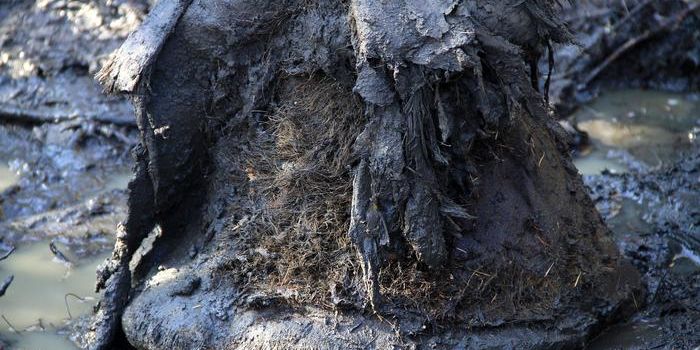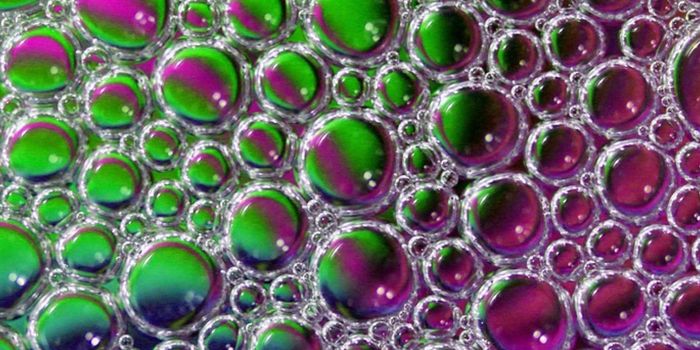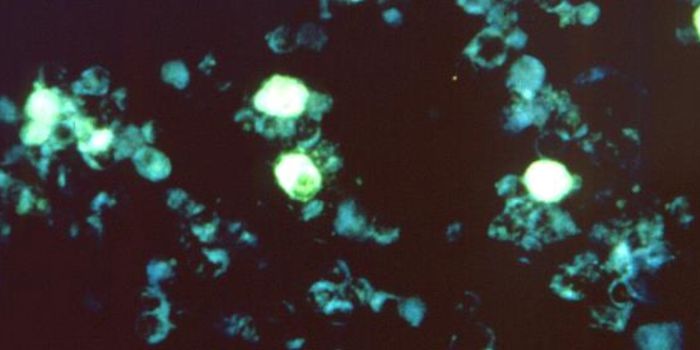Viruses Can Aid Bacterial Survival in Man-Made Environments
We still don't know a lot about how bacteria and viruses relate to one another in man-made or built environments such as buildings and modes of transportation, but scientists have recently investigated the relationship. This work has shown that viruses that infect bacteria, called bacteriophages, can help bacteria survive in these places by inserting beneficial genes into the bacterial genome. This work has also shown that viruses are ubiquitous parts of these environments, and revealed some that were previously unknown. The findings have been reported in Nature Communications, and they may help researchers develop new and better ways to protect people from infectious viruses.
The number of people living in urban environments around the world continues to increase, so learning more about how public health is affected by microbes in these areas is of growing importance. "However, most previous studies of human-made environments overlooked viruses," noted study leader Professor Patrick Lee Kwan-Hon of the City University of Hong Kong (CityU).
This research aimed to reveal more about viruses and the virus-bacteria relationship in built environments. "These findings are important not only for basic microbial science, but also the management of human-made environments to protect residents' health," added Lee.
In this study, 738 samples were taken from floors, poles, handrails, and doorknobs in various human-made environments including public areas and residences in the Hong Kong area, as well as skin swabs from residents. A metagenomic analysis was performed on these samples, which sequences all of the DNA in a sample. These sequences can then be compared to databases to identify the organisms in the samples.
Viruses were shown to be important parts of the microbiome of human-made environments, and bacteriophages were everywhere. Many were unique and not found in other habitats.
The researchers also discovered that viruses can insert genes that are related to a metabolic pathway in bacteria, or even add the entire pathway to bacterial cells. This could indicate that viruses are aiding bacterial adaption and survival in places where nutrients can become scarce.
The interactions between bacteria and viruses also produced previously unknown bacterial defense mechanisms and viral proteins that evade bacterial defense.
In samples collected from people and on surfaces, there was evidence of antibiotic resistance genes in viruses. It may be possible for viruses to transfer these genes to bacteria, which could then transmit the genes to other bacteria. Viruses may therefore be playing a role in antibiotic resistance, which the researchers suggested is worth investigating further.
"Our study shows that the diversity, composition, metabolic functions, and lifestyle of viruses vary, depending on the conditions of each human-made environment," said Professor Lee. It will be important to protect people and limit their exposure to harmful microbes, and this work may aid in the creation of new strategies.
Sources: City University of Hong Kong, Nature Communications









